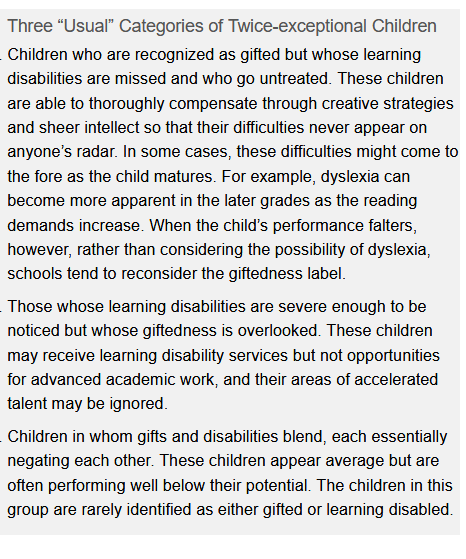I have never been cool, and I never will be. So, to hear people claim that being autistic is a ‘trend’ is as laughable as it is offensive. I never wanted a label to be special. The autism label has opened a door to understanding how my brain works and who I am. I have no desire to be cool, and plenty of desire for knowledge and acceptance.
Autistic Not Alien: 'It's cool to be autistic...' WHAT?![edited by moderator]




